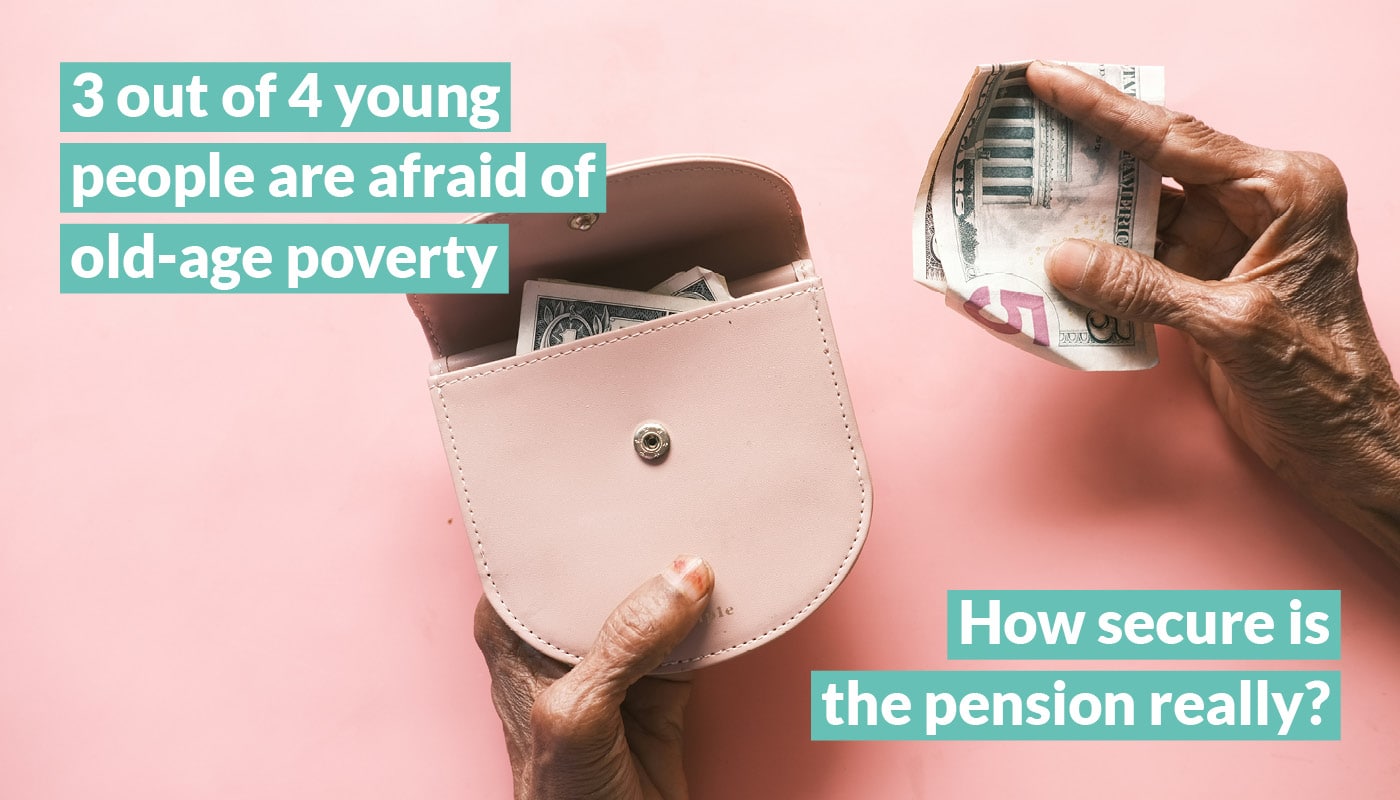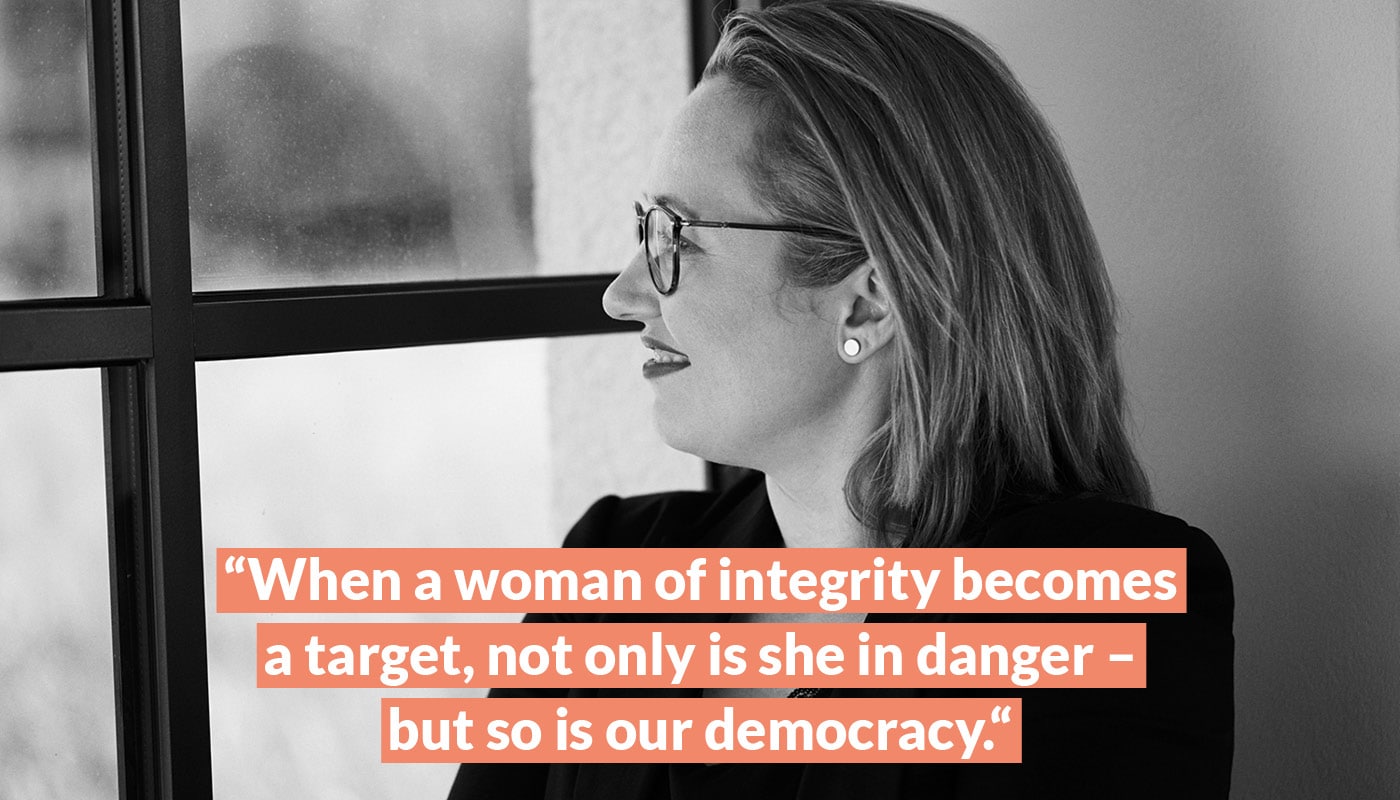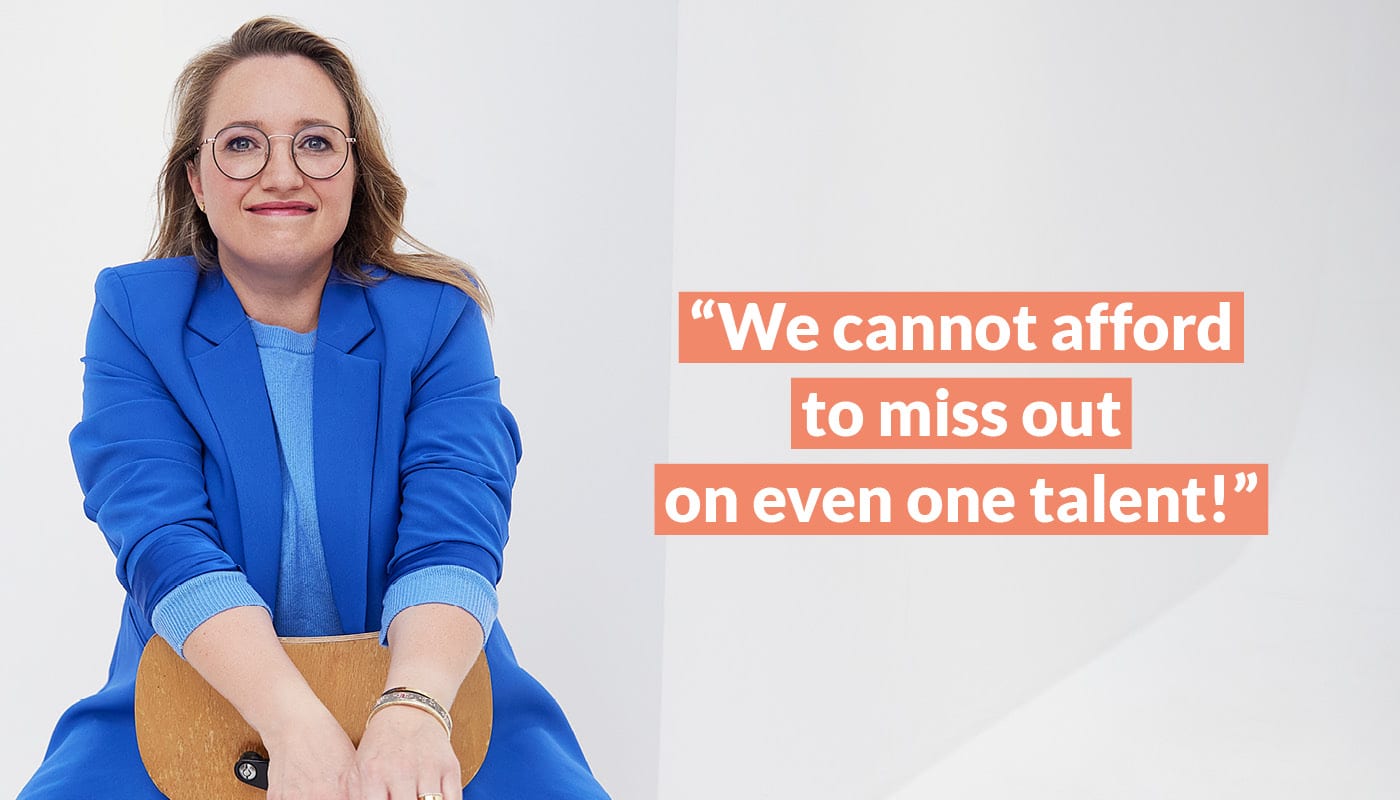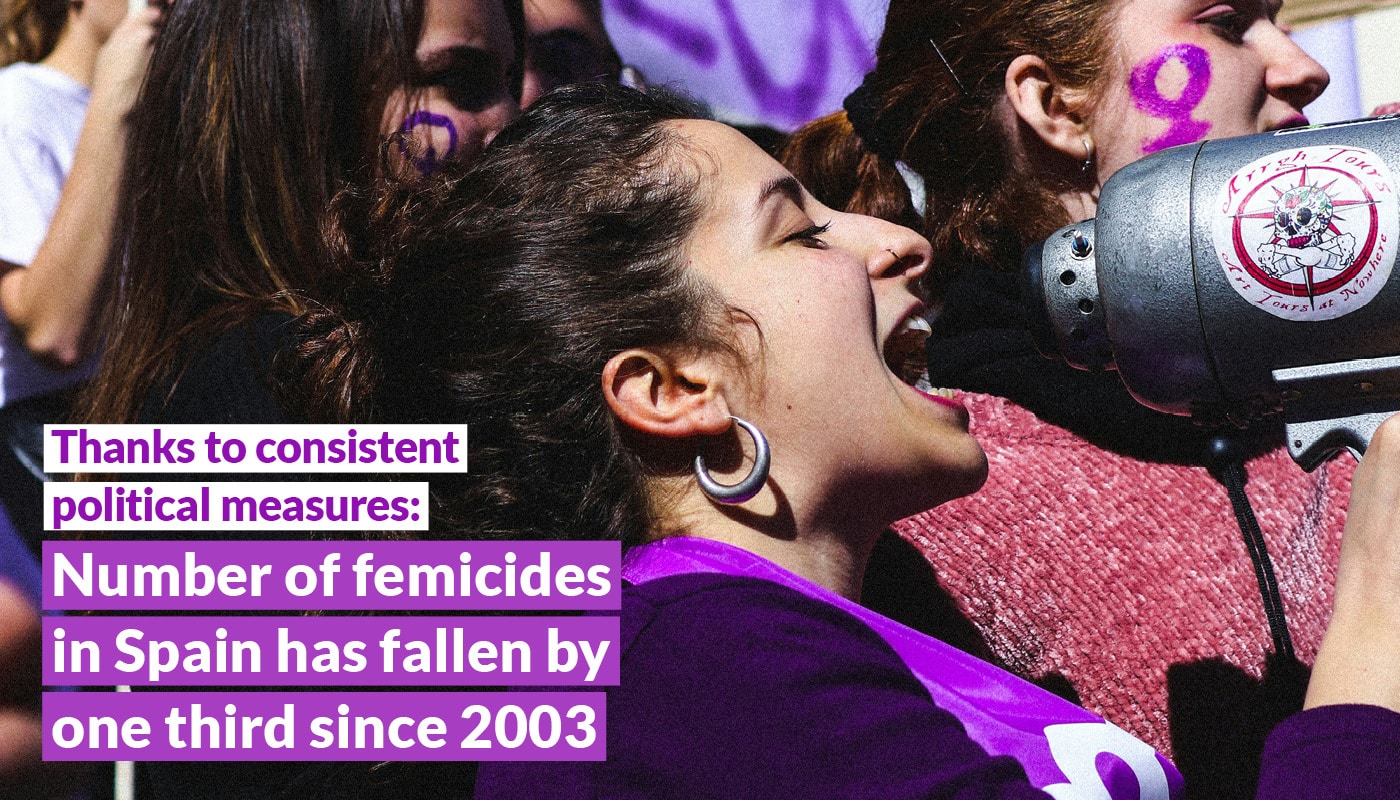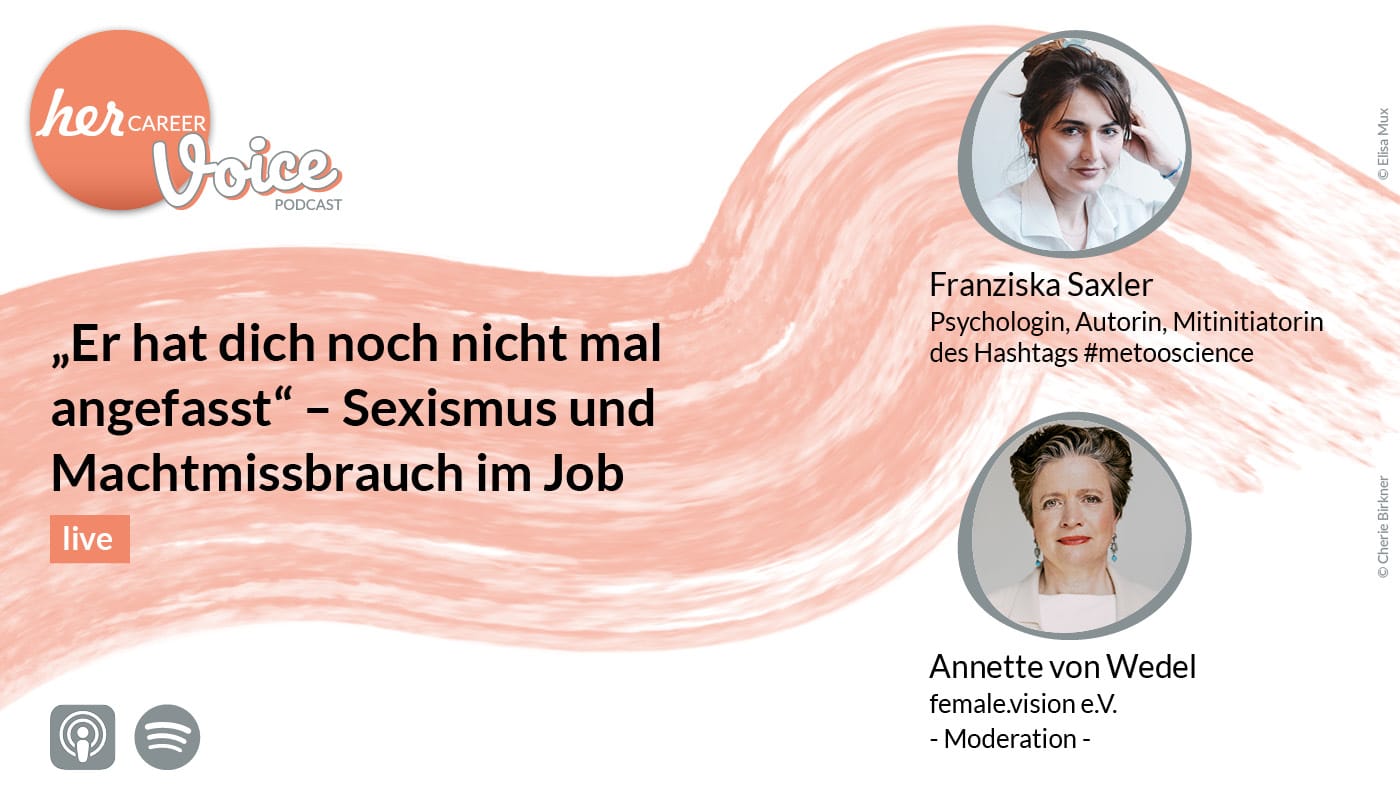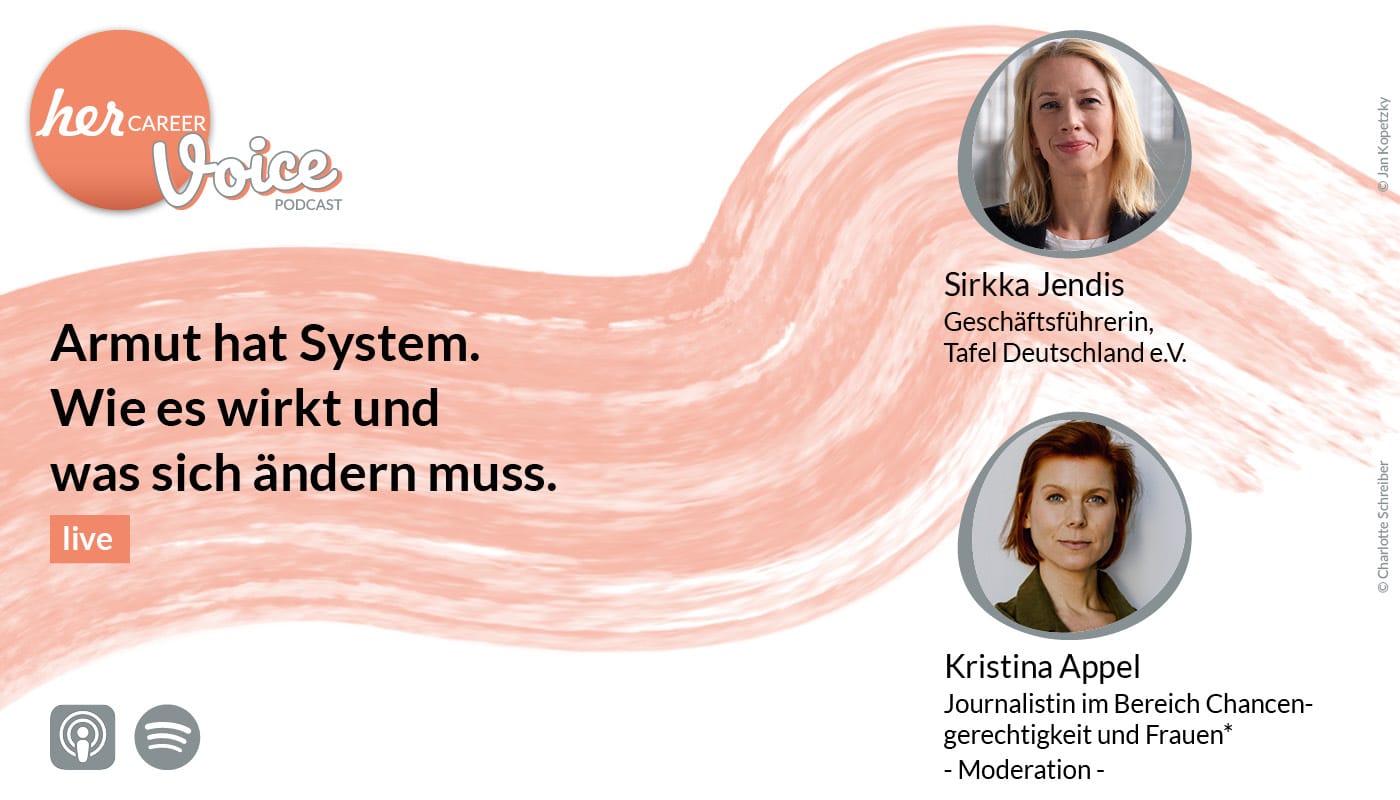“Married people are less likely to suffer from depression,” headlines the Süddeutsche Zeitung. “Single and childless: According to studies, this is when women are happiest,” headlines the FR.
Well, which is it now?
The contradiction is, of course, only apparent, because there’s a significant #GenderGap here as well. On average, men are happier in committed relationships—whether with or without children—while women are happier as single and child-free.
This might sound a bit exaggerated. After all, there are many women who are happy with their partners, and children often contribute significantly to life satisfaction. Still, the findings of several recent studies—and especially the possible reasons behind them—are quite interesting.
“Without a marriage certificate, the risk of experiencing symptoms of depression is 80% higher,” writes the Süddeutsche Zeitung, citing a study. (However, this refers to a correlation, and it might also work the other way: Depressed people may have a harder time finding a partner…)
Another study shed light on gender-specific differences: “Women without partners were, on average, more satisfied with their single status than single men.” Additionally, women tend to have higher overall life satisfaction than men.
According to researchers, one factor is the stronger social support networks that women benefit from. “They have more alternative sources of connection and trusted confidants in their environment, independent of a romantic relationship,” writes the Frankfurter Rundschau.
Breakups are more often initiated by women, and after a breakup, men tend to long for a new relationship more than women do, according to a study by Humboldt University in Berlin. One possible reason: Women in heterosexual relationships often provide stronger emotional support to their partners than the other way around. Men thus emotionally benefit from a relationship, and a breakup represents a loss of this support.
When it comes to care work—whether in the broad or narrow sense—women are known to carry a significantly higher burden than men. In partnerships and especially when children are involved. Emotional support, mental load, caregiving, childcare, housework—it’s an enormous investment of time and energy. In an Instagram video, countrygirl_naya puts it bluntly: Married women “end up doing all the jobs,” while husbands “get everything done for them.”
Returning to health: According to the Frankfurter Rundschau, middle-aged married women face a higher risk of mental and physical illnesses compared to unmarried women. A possible explanation is the increased burden within marriage. And: “Children, too, were more of a risk factor than an enrichment for the health of the affected women.” Of course, there are many parents who see their children as a great source of happiness. But this is not the reality for all families.
It’s complicated, and life is full of contradictions. How do you experience it?

Posted by Natascha Hoffner, Founder & CEO of herCAREER, WiWo columnist, LinkedIn TOP Voice 2020, W&V 2019 – 100 Köpfe
published on LinkedIn on 20.11.2024



